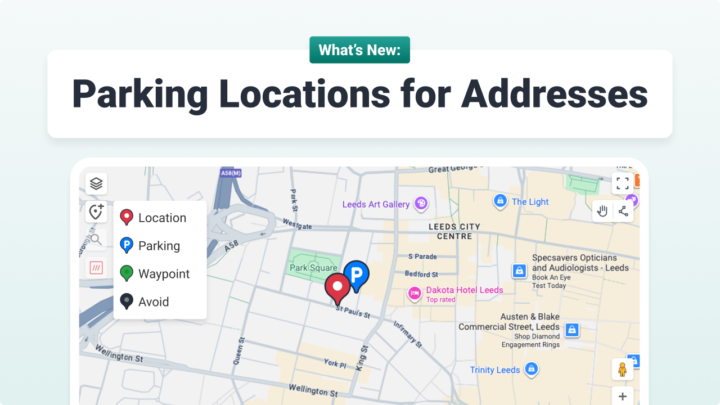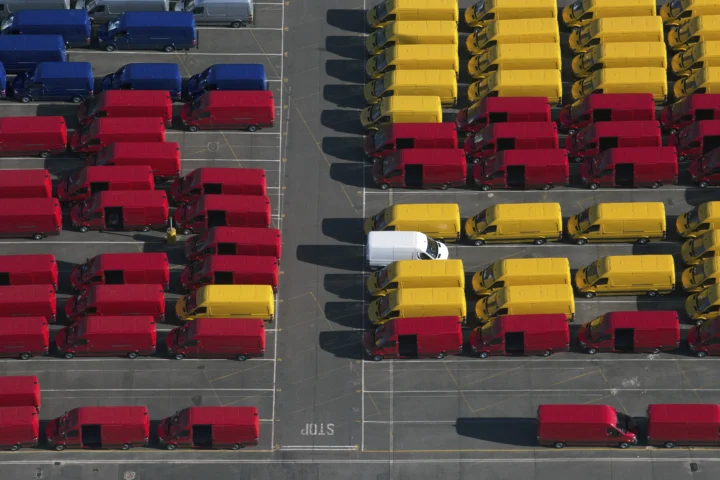New MegaWatt Charging System Set to Accelerate EV Adoption from 2024
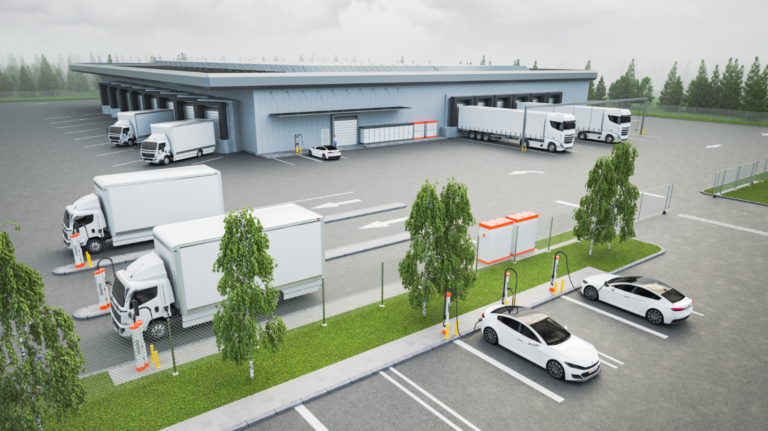
Kempower MegaWatt Charging System. Source: Kempower
A new MegaWatt Charging System (MCS) is set to be introduced in the UK in Q1 2020. Experts deem the impending addition of MCS to UK roads as key to accelerating EV adoption, particularly of electric HGVs (eHGVs).
The Kempower MCS will provide up to 1.2 MW (1,200 kW) of ultra-rapid direct current (DC) charging, and it is estimated to allow the average electric HGV to travel up to 372 miles on a single 30-minute charge.
The take-up of electric vehicles over the past few years has been substantial and can be seen on the UK’s roads. According to data from the Department for Transport (DfT) and the Driver and Vehicle Licensing Agency (DVLA), 21.4% of new car registrations in Q1 2023 were plug-in electric.
Meanwhile, plug-in vehicles only represented 2.9% of new HGV registrations in the same period of time, so it is an area where adoption rates are significantly slower.
Alex Rae, General Manager and Director of Vital EV Solutions, the company that will be implementing the Kempower MCS across the UK, stated: “Decarbonising the truck industry is crucial for the UK’s net-zero strategy, and we are delighted to be among the first to market with a viable charging solution for overnight, destination, and en-route applications.
“With our background in industrial power engineering and a range of groundbreaking EV charging projects already under our belt, we are ideally placed to deliver critical MCS infrastructure projects, and we look forward with excitement to working with the truck industry to make that fundamental switch to electric.”
Renault Trucks Turns Diesel-powered Truck Electric

Renault Truck. Source: Renault Trucks
Ever wonder whether it’s possible to retrofit a 12-tonne diesel-powered truck into an electric vehicle? Well, Renault Trucks recently discovered that it is in fact possible after completing the early stages of a project that assessed the environmental, technical, and economic feasibility of electrically retrofitting HGVs.
The transformation process, which involved support from Novumtech, a startup specialising in battery development, and the French Environment and Energy Agency (ADEME), saw the vehicle’s engine, transmission, fuel tank, and AdBlue tank removed, in addition to a number of parts associated with the internal combustion engine.
They were replaced with an electric motor directly linked to the drive shaft, a 210kWh lithium-ion battery pack, a 22kW on-board charger, an electric air compressor for suspension and brakes, an electric hydraulic pump for power steering, an electric air-conditioning compressor, and an electric cabin heater to complete the electrification process.
After successfully retrofitting the vehicle, the next milestone for the project is to certify that it is compliant with regulations in order for real-world operating tests to begin in order to ensure that the vehicle is safe to operate.
Peak and Off-Peak Ultra Charging Costs Hit New Low for 2023
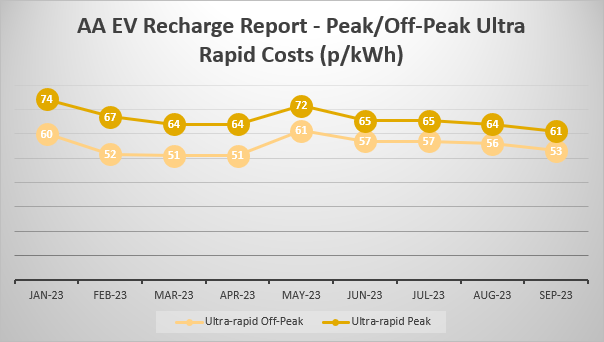
A report by the AA has found that the cost of charging an EV using an ultra-rapid charger has fallen to a new low this year, as prices fell a further 3p/kWh in September.
The report also asserts that the cost per mile of powering up at an ultra-rapid charger during the most expensive period of the day (4pm – 7pm) is now cheaper than fuelling a car with petrol.
The cost of using charge points that offer flat rates remained consistent; however, the cost of using slow chargers, most commonly used from lampposts in densely populated urban areas, actually increased.
AA’s president, Edmund King, said: “A further reduction in the cost of ultra-rapid charging is brilliant to see and shows that charge point operators can act quickly to pass on cost savings to drivers.
“Ultra-rapid charging can be cheaper by the mile than petrol and gives more food for thought to those who are considering making the swap from combustion cars to EVs.”
Uber Eats Agree New E-moped Initiative Deal with Zoomo
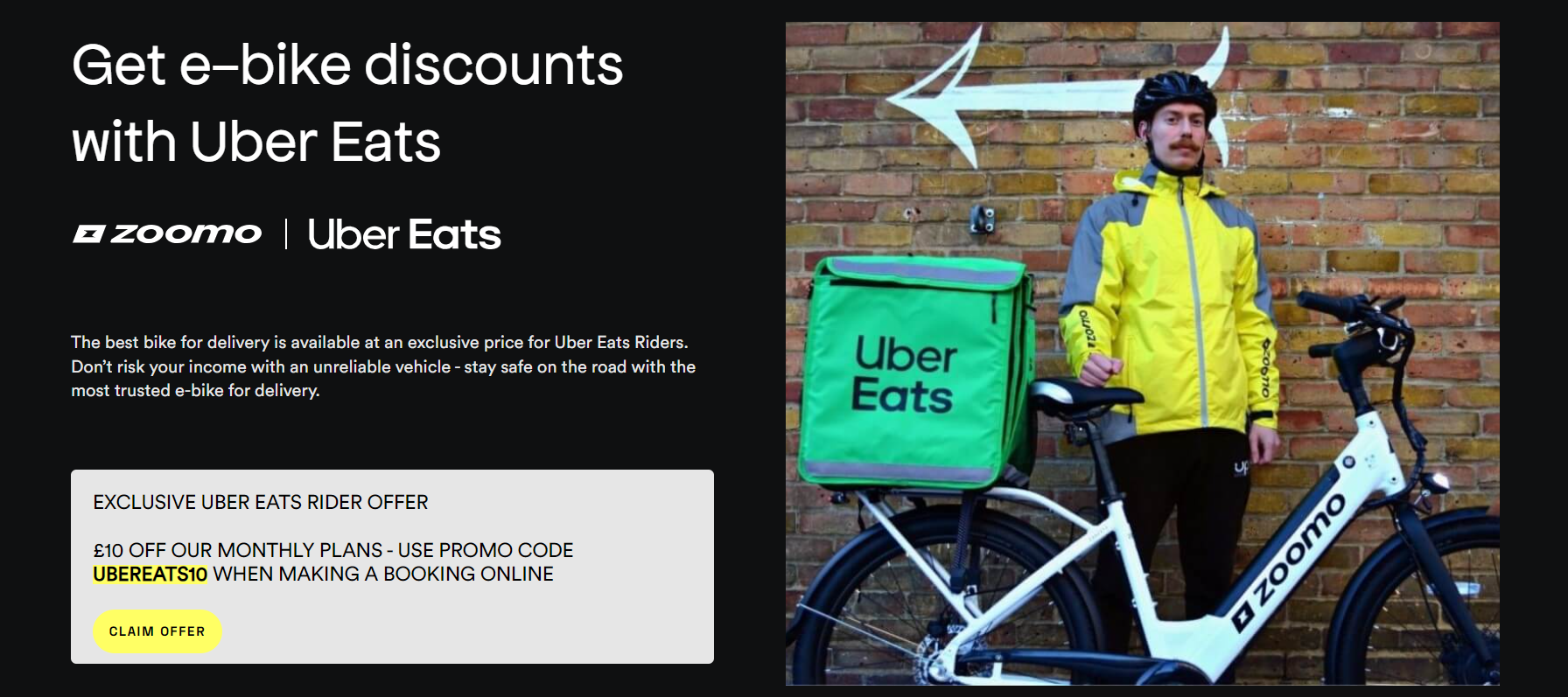
Source: Zoomo
Uber Eats has announced that they have partnered with commercial e-mobility platform Zoomo to decarbonise urban miles and continue their progression towards making 100% of food delivery trips emission-free worldwide by 2040.
Zoomo is a full-service commercial platform that specialises in zero-emission micromobility solutions, with the key aim of electrifying every urban mile.
Their platform offers a range of e-mobility options (e-bikes, e-mopeds, and e-cargo bikes) that are available through subscription services and full purchase, in addition to a global servicing network for those vehicles.
Through the newly formed partnership with Uber Eats, Zoomo has expanded their e-mobility portfolio to include e-mopeds, which include an additional discount for Uber Eats couriers if they are rented on a monthly or weekly basis, increasing their accessibility.
The UK general manager at Zoomo, Nicolas de Juniac, said: “We admire Uber’s commitments to reduce the carbon footprint of food delivery trips.
“By joining forces with Uber Eats to enhance courier access to e-mopeds, we’re not only taking significant strides towards a greener delivery landscape but also setting the stage for a more sustainable and efficient industry – and this is just the beginning.”

